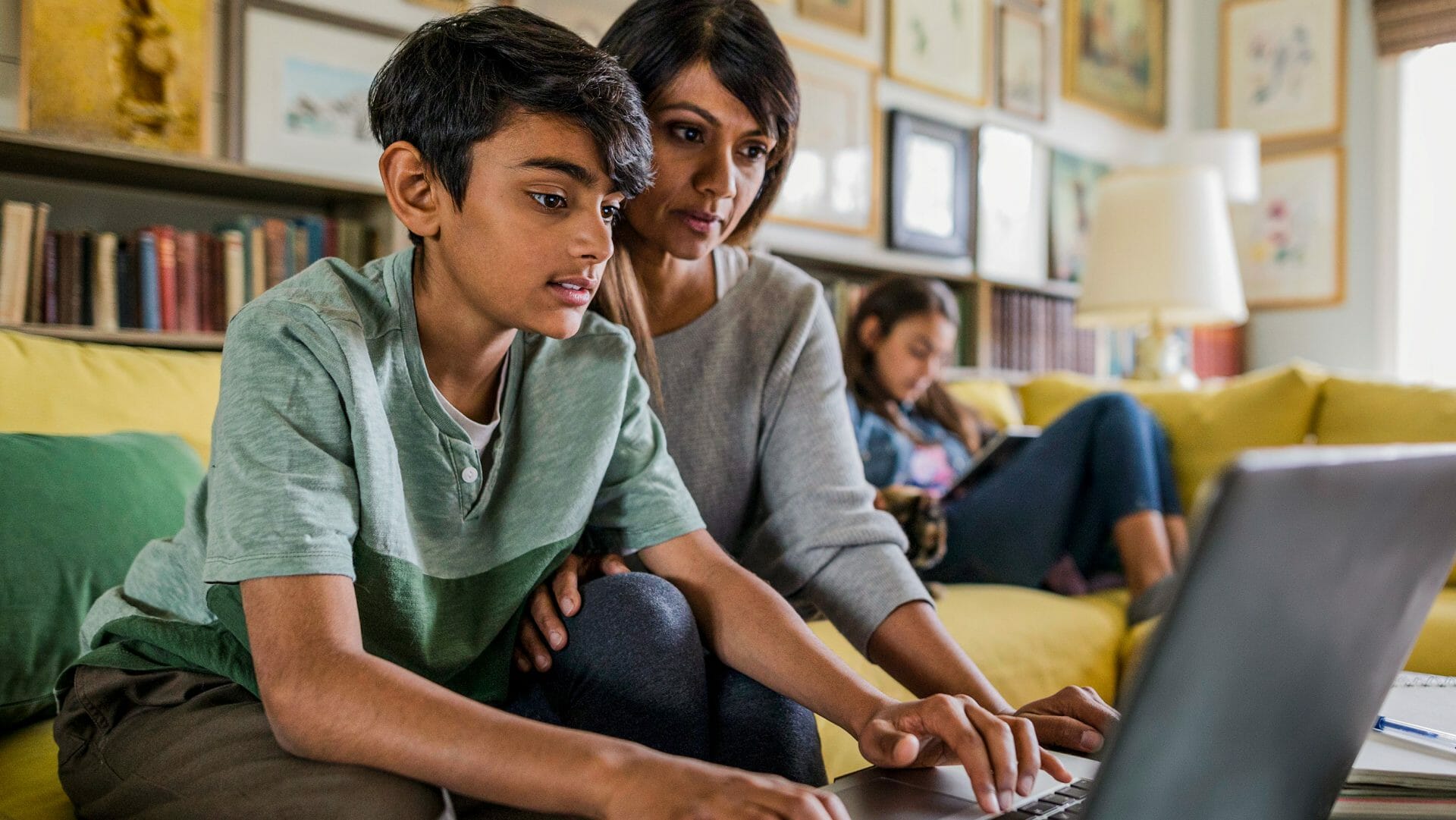As parents, we play a vital role in determining the sort of people our children become. It’s our job to teach them the life skills we think are important.
But trigonometry? Composing an essay? The difference between compound and complex sentence structure? That’s another story.
Things have changed since we were at school
Even if you can dredge such information from the deep recesses of your brain, you’ll probably be told, with a disdainful flick of an adolescent head, “That’s not how we do Maths these days”. So yeah, teenagers are awesome. And the way things are taught is constantly changing.
Thanks to regularly updated teaching and learning methodologies, leaning back in your chair after dinner and telling your kids everything you can remember from your own education unfortunately won’t help them prepare for NCEA. What’s more, this is likely to be compounded if you didn’t go to school in New Zealand.
Thankfully, homework help doesn’t require you to know every answer yourself. If your child’s homework is beyond you, it doesn’t mean you can’t help in other ways.
Focus on process
When students are struggling with their schoolwork, what they often need help with is time management.
Breaking down an assignment into constituent parts and then helping your child to establish how long each part should take is often the difference between overwhelmed paralysis and actually completing the project.
For children who have a tendency to procrastinate (and let’s face it, that’s most of them), it might be useful to set clear goals and provide incentives. This might mean rewarding them with a snack or screen time for a concentrated stretch of homework.
Some students hate the loneliness of being packed up to their bedroom to do their schoolwork on their own. In these cases, it’s useful to set up a workspace in a central part of your house – it also means that you can keep an eye on what they’re doing. You might even want to sit with your child and complete some of your own to-dos, so that you’re both working together in a companionable way. Being your child’s ‘study buddy’ (even if you are working on different tasks) is a great way to build your relationship.
In all of these cases, you’re teaching your child how to tackle a task, become organised, and meet deadlines. You’re showing them the process of being a good student and, for that matter, a good employee.
Even if you know, they likely won’t listen
It’s notoriously difficult for any of us to teach our own children. As soon as children start going to school, they tend to resist our attempts to help them with their homework.
Epic battles over homework can begin in primary school and only get worse. Even teacher-parents with actual, bona fide, direct knowledge of the curriculum are rarely consulted by their own children. Even when these fountains of untapped wisdom are finally called upon at home, they often find it less stressful to let their child struggle alone, and even to fail, than to have an inevitable fight. It’s true! Teenagers with hormones and an underdeveloped executive function are too busy asserting their individuality and independence to listen to you.
Accept and outsource
As parents, we’re all subjected to the aggravating experience of watching our children behave differently and learn better with other people, despite our repeated attempts to teach them the exact same thing.
It’s the most common thing in the world and as soon as we accept this, we can all mend our broken hearts and find solutions.
Just to reiterate, this doesn’t mean you can’t help your child learn. We can help our kids by creating the time, space, and the right environment for them to succeed. Even if we’re outsourcing the actual teaching component, the most important job is still ours. At the end of the day, we make sure our kids eat properly, get enough sleep, and know that we will always love them, no matter what mark they get in their assessment.
Contact us to discuss how we can support your child’s learning journey.
